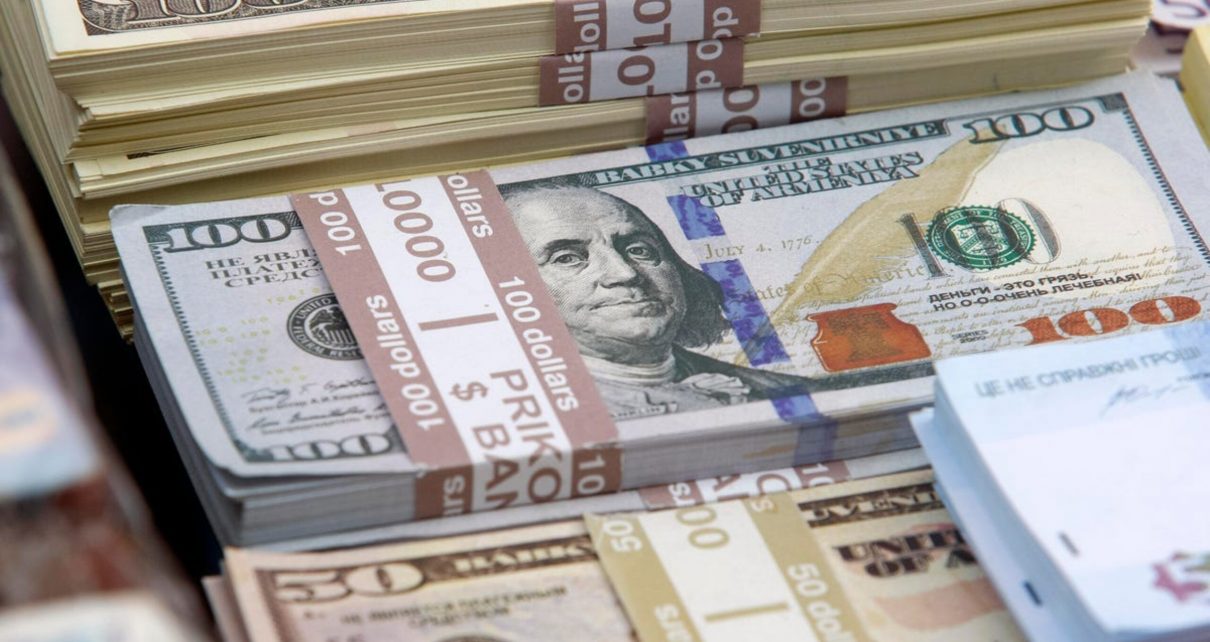In a significant move, Nigeria’s central bank announced on Thursday its intention to intermittently intervene in the country’s foreign exchange market to enhance liquidity. This decision coincides with the ending of an eight-year ban on 43 previously restricted items from accessing foreign exchange on the official market.
The ban had encompassed items such as rice, cement, and poultry and had been put in place as part of unconventional policies under former central bank Governor Godwin Emefiele to support the Nigerian naira.
The lifting of this restriction is expected to be well-received by analysts and investors, who had expressed concerns that it implied the central bank was still enforcing a form of capital controls.
Moreover, the Central Bank of Nigeria (CBN) reiterated its commitment, announced by new Governor Olayemi Cardoso last month, to expedite the resolution of the bank’s backlog of unsettled forex obligations to local lenders, estimated at approximately $7 billion.
Nigeria, the largest economy in Africa, has grappled with persistent dollar shortages on the official market, which has witnessed dwindling trading volumes. These issues have contributed to the naira’s record low against the dollar, with a 37% premium over the official exchange rate in street trading on Thursday.
“As part of its responsibility to ensure price stability, the CBN will enhance liquidity in the Nigerian foreign exchange market through periodic interventions,” stated central bank spokesperson Isa Abdulmumin. He added, “As market liquidity improves, these CBN interventions will gradually decrease.”
The naira has faced depreciation in the parallel market due to speculation, with excess demand channelled into the informal market, thereby widening the gap with the official market, where trading restrictions on the currency were lifted in June.
The latest measures introduced by the central bank are seen as “another market-friendly step” aimed at unifying exchange rates and easing pressure on the naira in the parallel market, where importers of the 43 items were previously required to access dollars. Charlie Robertson, the head of macro strategy at U.K.-based FIM Partners, commented, “There is still more to do. To alleviate forex shortages in the official market, the CBN might also need to signal that commercial banks can offer a weaker naira rate for dollars to help increase the supply of dollars.”
The central bank emphasised its commitment to promoting orderliness and professional conduct among all market participants to ensure that exchange rates are determined by market forces operating on a “willing buyer-willing seller” basis.
Additionally, the bank reiterated that prevailing foreign exchange rates should be referenced on its website and other recognised trading systems to foster “price discovery, transparency, and credibility in forex rates.”
Isa Abdulmumin affirmed that the central bank is working towards establishing a “single forex market,” and consultations are ongoing with market participants to achieve this goal.


